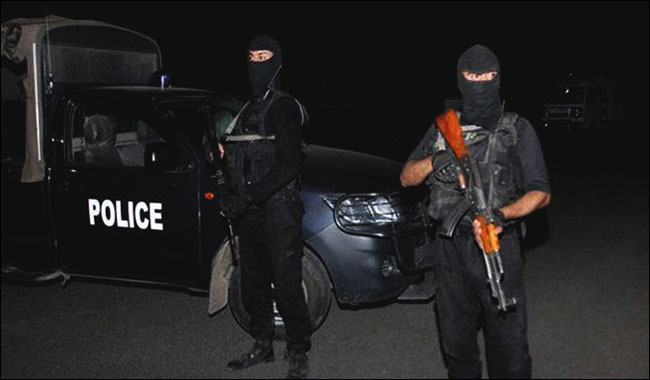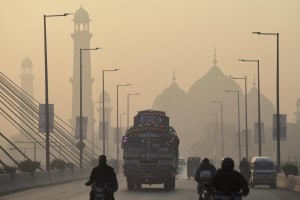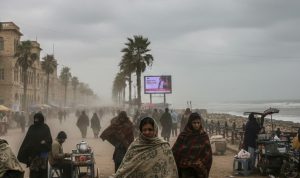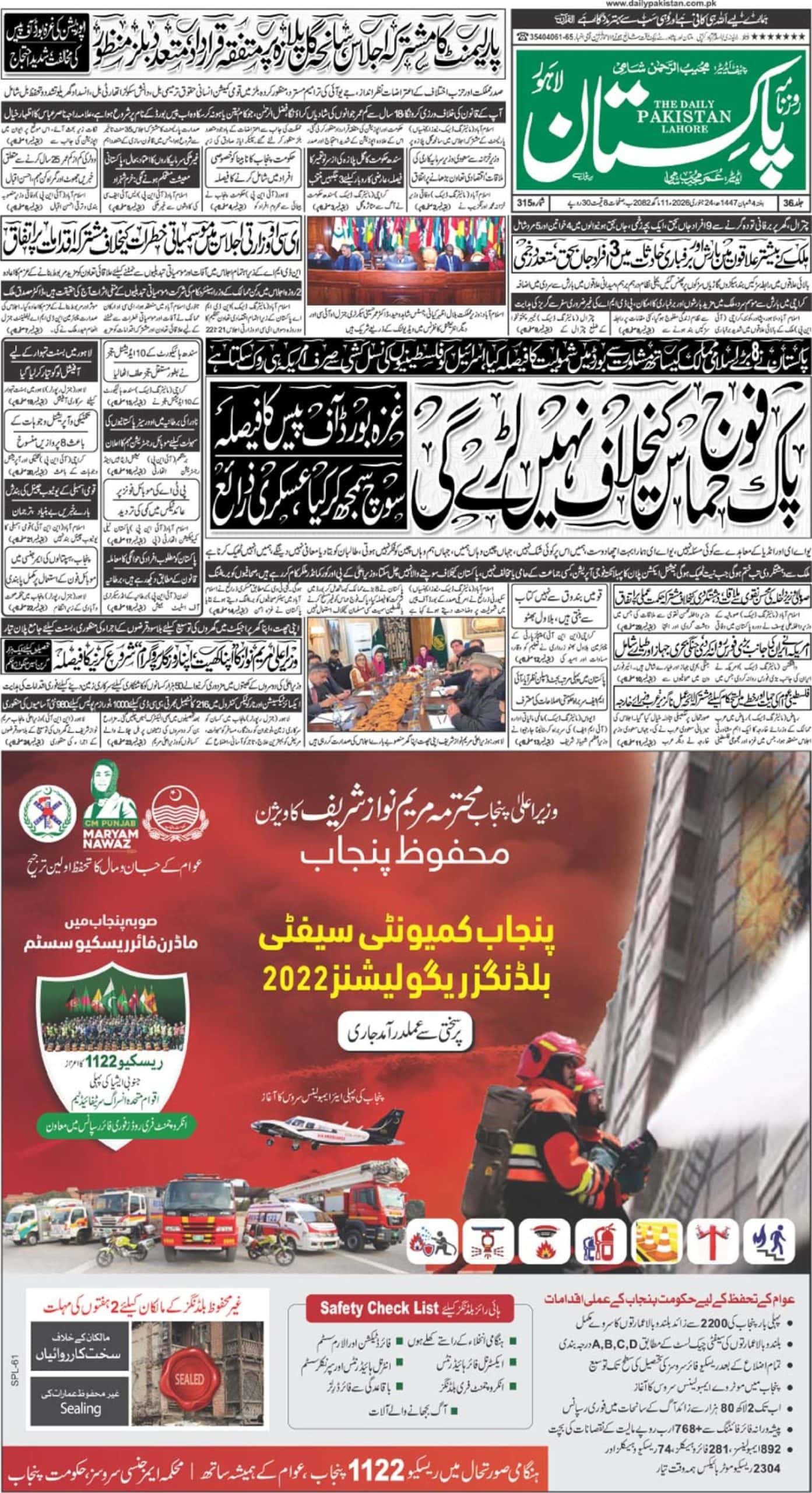BAHAWALPUR – The interior ministry announced on Friday that the Punjab government has taken administrative control of a religious center in Bahawalpur which is believed to be the headquarters of the proscribed Jaish-e-Mohammad (JeM).
The mosque-and-seminary complex has a faculty of 70 members with as many as 600 enrolled students.
“The Government of Punjab has taken over the control of a campus comprising Madressatul Sabir and Jama-e-Masjid Subhanallah in Bahawalpur, reportedly the headquarters of Jaish-e-Mohammad, and appointed an administrator to manage its affairs.” said a spokesperson from the ministry.
The official confirmed that Punjab police have taken over the security of the campus.
The government of Pakistan official account also confirmed that Madressatul Sabir and Jama-e-Masjid Subhanallah were taken over.
The Spokesman said that the action was taken in line with the decision of the National Security Committee meeting held yesterday under the Chairmanship of Prime Minister Imran Khan.
— Govt of Pakistan (@pid_gov) February 22, 2019
Another tweet stated that the action was taken in line with the decision of the National Security Committee meeting held yesterday under the Chairmanship of Prime Minister Imran Khan.
https://en.dailypakistan.com.pk/headline/jem-chief-masood-azhar-denies-any-knowledge-of-pulwama-attack-in-latest-audio-message/
Earlier in the day, chief of Jaish-e-Mohammed, Masood Azhar denied having prior knowledge of the deadly Pulwama attack in which over 40 Indian soldiers were left dead on February 14th.
The chief of Jaish-e-Mohammed also absolved Pakistan of the blame for the attack in Indian Occupied Kashmir, which has heightened the tension between India and Pakistan.
In an audio of his weekly address, the JeM head said that Kashmiri freedom struggle doesn’t need any foreign support. “The attacker was a Kashmiri and it happened near Srinagar, not near the border of Pakistan.”
He also expressed his disappointment over Pakistan’s response to Indian Prime Minister Narendra Modi’s threats following the Pulwama attack, terming it “rather lukewarm and lackluster”.














